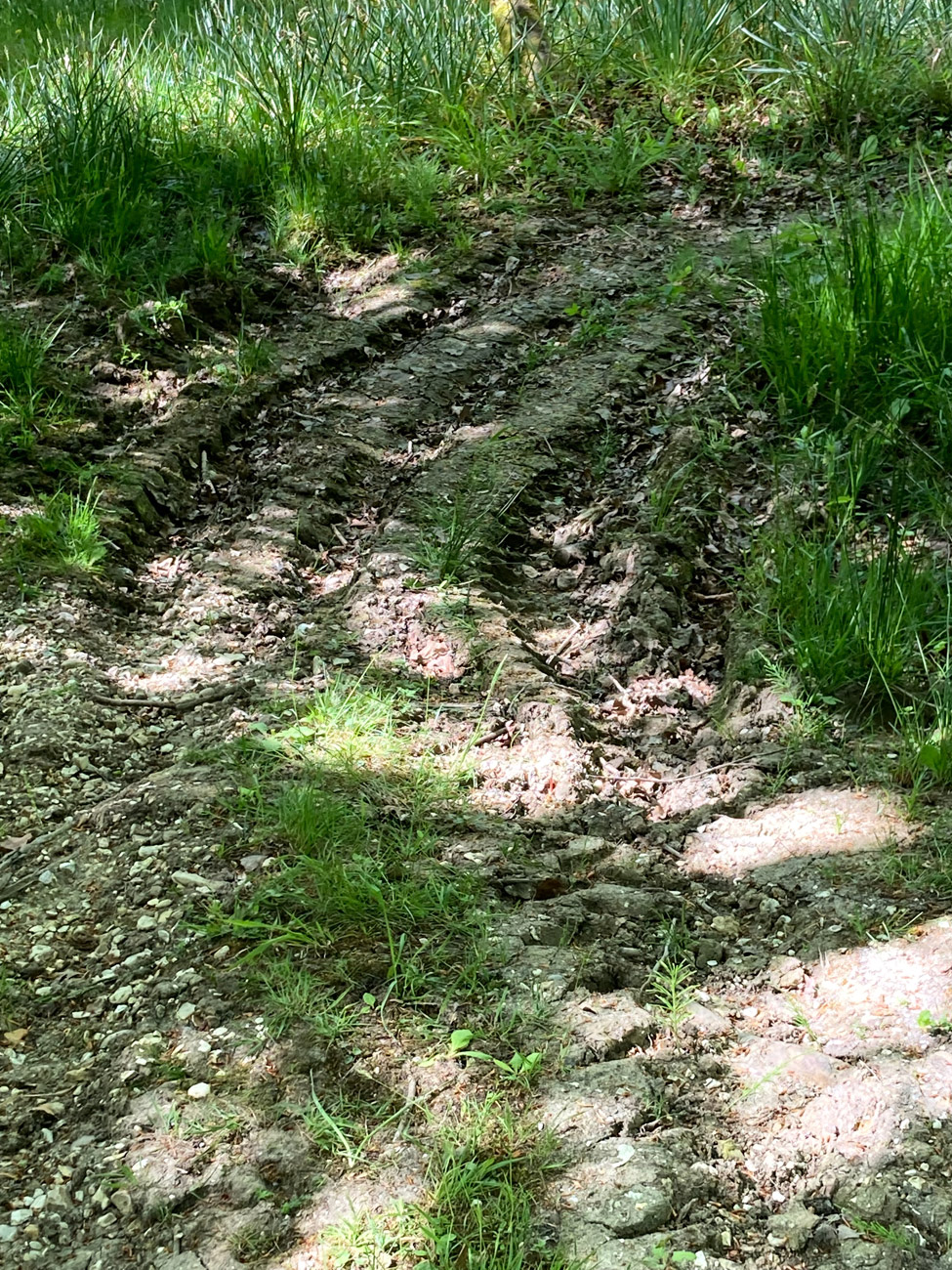In https://derrickjknight.com/2022/05/09/the-enigma-of-arrival/ I observe that ‘this outstanding work chronicles the life history of the man interlaced with that of the writer,
Once again in ‘A Way in the World’, the writer seems to be in search of himself and his global arrival through the voices of fictional narrators. On this occasion the geographical and historical sweeps are far broader, taking us backwards and forwards in time from the author’s roots in Trinidad, around the Caribbean and the mainlands of Europe, South America and Africa from the days of Sir Walter Raleigh.
Is this a novel? Is it a world history? Is it a memoir? V.S. Naipaul, the author claims the work is a novel. It is in the form as he has stretched it.
It is also an exploration of the human condition, including political, emotional, and racial realities; people’s essential self interest, cruelty, hatred and fear of differences between groups and cultures. Racism, ambition, open and disguised conflicts are prevalent. I learned much about the dreadful conditions of slavery in the colonial and post-colonial Caribbean. The consequences of political emancipation in Africa are portrayed in the last chapter of this sequence of linked narratives.
There is evidence of warmth and trust between individuals, and the writer’s humour remains a feature. Fundamentally the stories are of people who are struggling, often unsuccessfully, yet with hope, to find ‘A Way in the World’. The writer has represented his own origins and arrival at literary maturity over five centuries.
This is the illustration which adorns the front cover of Heinemann’s paperback edition of 1994.





